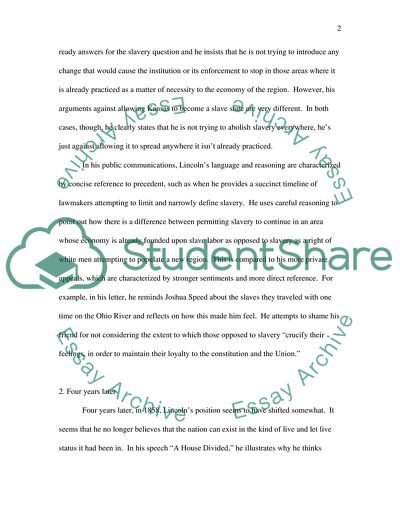Cite this document
(President Lincoln in His Own Words Book Report/Review, n.d.)
President Lincoln in His Own Words Book Report/Review. Retrieved from https://studentshare.org/politics/1725716-history-book-report
President Lincoln in His Own Words Book Report/Review. Retrieved from https://studentshare.org/politics/1725716-history-book-report
(President Lincoln in His Own Words Book Report/Review)
President Lincoln in His Own Words Book Report/Review. https://studentshare.org/politics/1725716-history-book-report.
President Lincoln in His Own Words Book Report/Review. https://studentshare.org/politics/1725716-history-book-report.
“President Lincoln in His Own Words Book Report/Review”, n.d. https://studentshare.org/politics/1725716-history-book-report.


